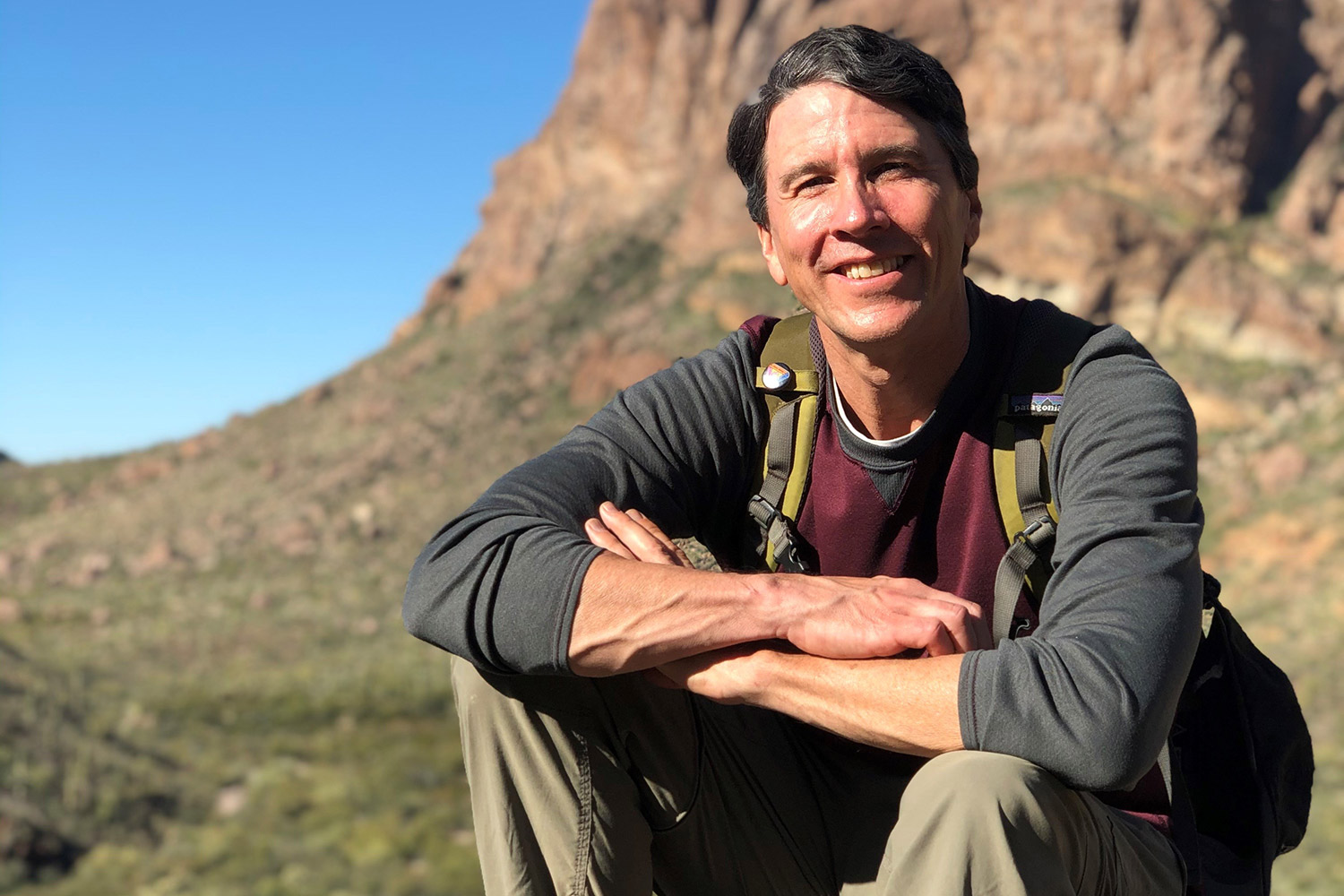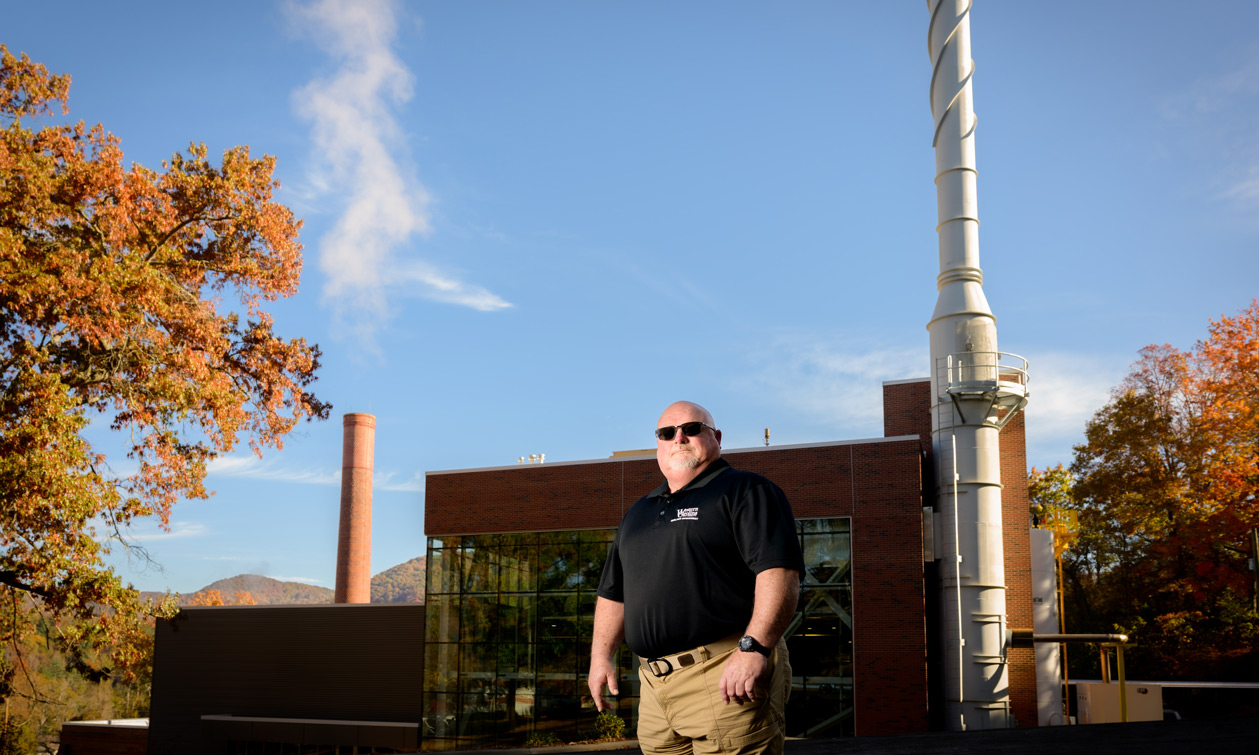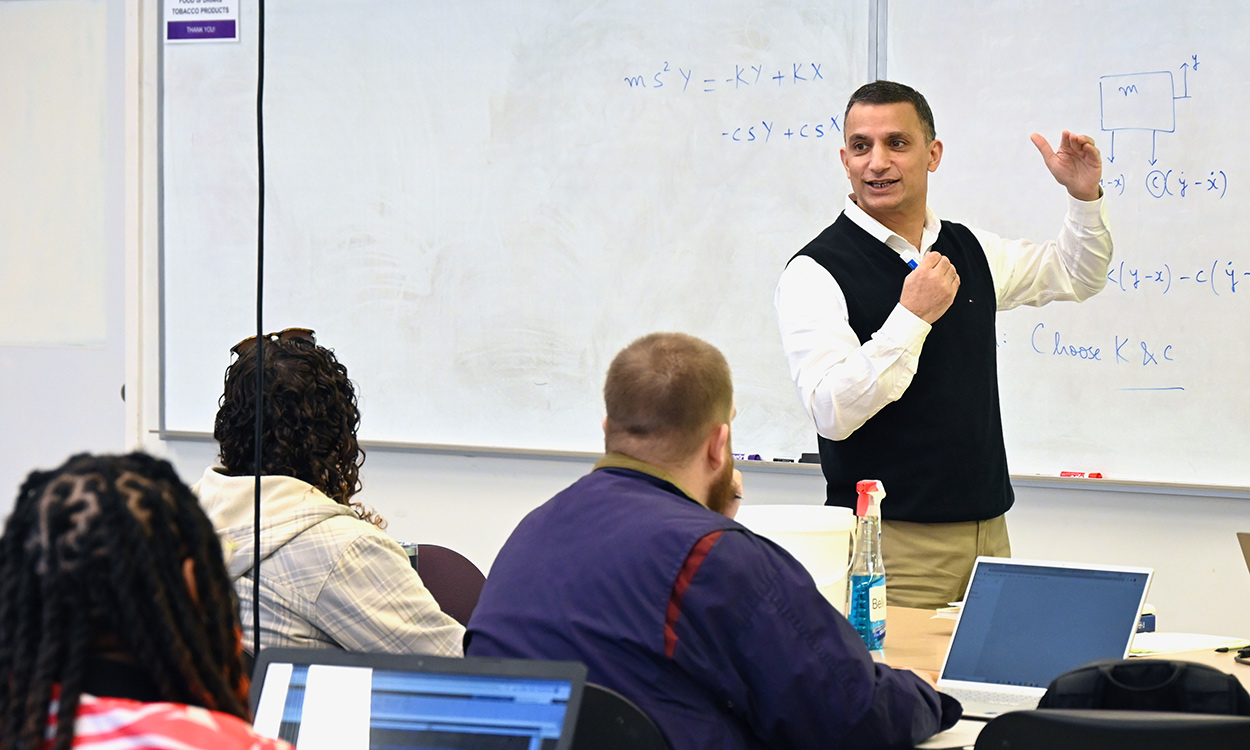WCU to examine environmental ethics in free, open-to-public lectures
Christian Diehm
Western Carolina University will host a series of three lectures on environmental ethics by Christian Diehm, professor of philosophy at the University of Wisconsin-Stevens Point, in late March.
Diehm has written and spoken widely on the topic. He is co-editor of “Facing Nature: Levinas and Environmental Thought” and the author of the recently published “Connection to Nature, Deep Ecology and Conservation Social Science: Human-Nature Bonding and Protecting the Natural World.” He will draw on philosophy and social science to analyze multiple dimensions of nature connectedness, including what it is, what promotes it, what results from it and what its relevance might be to academics, conservation professionals and everyday people.
The lectures will be held in Apodaca Science Building room 201 and are free and open to the public.
- “Deep Ecology and Connection to Nature: Moving Past the Anthropocentric Critique”
Monday, March 28, 4:30-6 p.m. Deep ecological philosophy is often criticized on the grounds that it remains anthropocentric despite theorists’ claims to the contrary. This lecture will explain why deep ecologists are exposed to this criticism, and how they could conclusively avoid it by emphasizing “identification” with, or connection to, nature. This conceptual shift positions deep ecology close to conservation social science, which provides evidence for the relationship between non-anthropocentric attitudes and feelings of connectedness to nature.
- “Outdoor Experience and Connection to Nature: Exploring Pathways to the Environmental Advocacy”
Tuesday, March 29, 4:30-6 p.m. Of all the trends conservationists have paid attention to in recent years, one of the most dramatic is the shift away from experiential engagement with nature. But why, exactly, might experiential disconnection from nature be so problematic? This lecture examines the conservation significance of outdoor experience and explains why it continues to be an important pathway to environmental advocacy even in our rapidly urbanizing world. It also explores recent calls to promote different pathways in light of the trends away from spending time outdoors.
- “American Chestnut Restoration: Accommodating Others or Scaling Up?”
Thursday, March 31, 5:30-7 p.m. A genetically modified variant of the critically endangered American chestnut has been developed for use in efforts to restore the species. This lecture presents an argument against such use, on the grounds that deploying the engineered tree will set troubling precedents, operates on an ethical paradigm of increased intervention, and presents significant justice challenges in relation to indigenous groups. In light of these problems, it is recommended that conservationists follow the non-GMO approach to chestnut restoration adopted by the Canadian Chestnut Council.
Sponsors of the series includes WCU’s Department of Philosophy and Religion and Brinson Honors College, as part of the annual Jerry Jackson Lectures in the Humanities series, College of Arts and Sciences, College of Education and Allied Professions, College of Health and Human Sciences, and the Environmental Science program.
For more information, contact John F. Whitmire, WCU associate professor of philosophy and religion, at 828-227-7262 or jwhitmire@wcu.edu.


